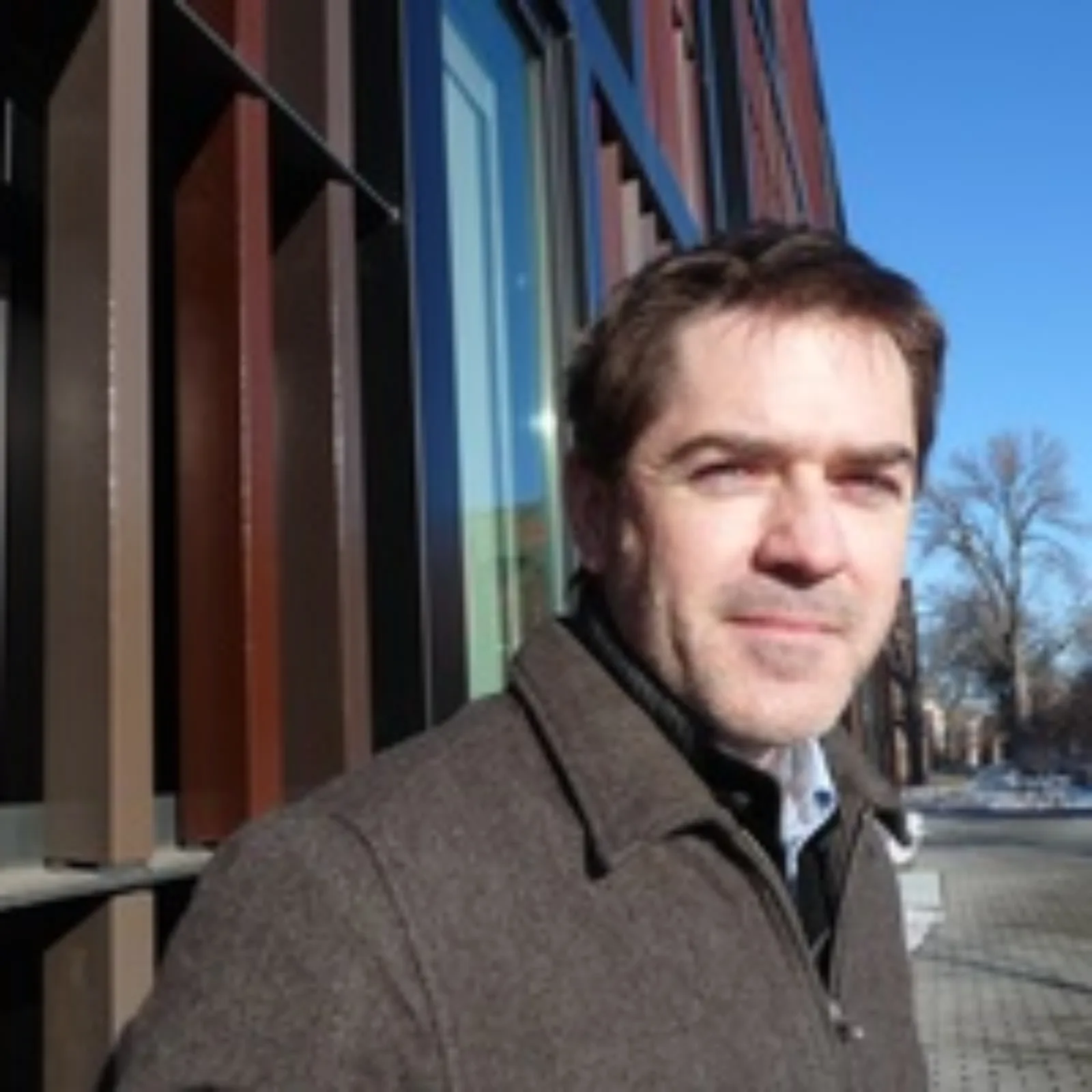We tend to think of Enlightenment-era philosophers as architects of abstraction—not least because they tend to describe themselves that way. This essay tries a different approach; part of a longer project called “Crafts of Enlightenment,” it treats Enlightenment rationality as a hard-won discipline, developed through craft knowledge and habits of labor. It examines John Locke’s herbarium, two folio volumes of pressed plants Locke collected over five years in Oxford. Read as an apprenticeship in empirical rationality, these books will return us to the material and mental conditions that cleared the way for empiricist theorizations of abstract thought.
The format is not a lecture, but discussion of a precirculated scholarly paper. The paper is sent electronically to those who register to attend.
Learn more about the speaker: Sean Silver, University of Michigan.
Organized by Timothy Campbell, University of Chicago; Lisa A. Freeman, University of Illinois at Chicago; Richard Squibbs, DePaul University; and Helen Thompson, Northwestern University.
Faculty and graduate students of Center for Renaissance Studies consortium institutions may be eligible to apply for travel funds to attend CRS programs or to do research at the Newberry. Each member university sets its own policies and deadlines; contact your Representative Council member in advance for details.
